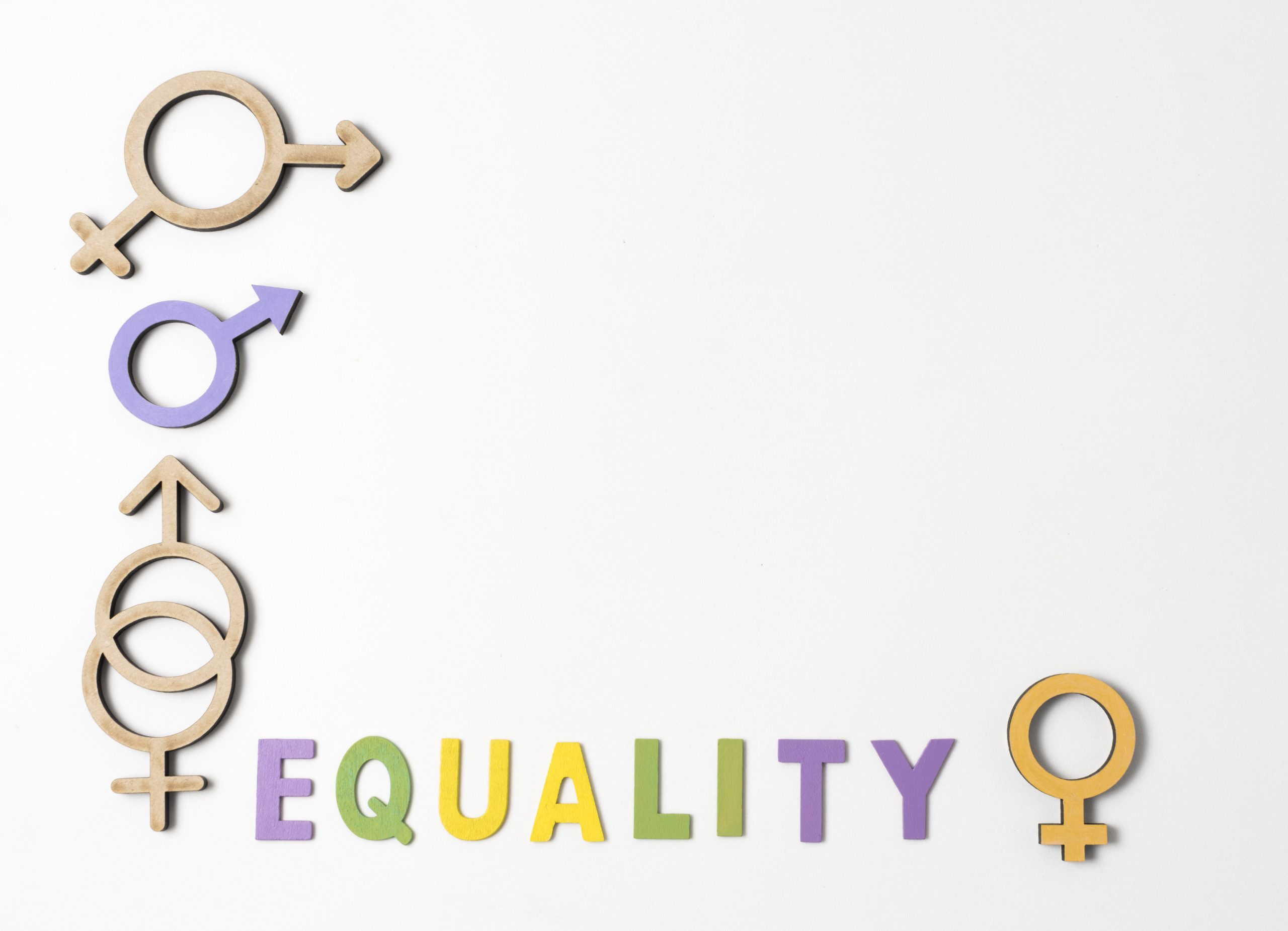Gender equality is a fundamental human right and a key driver of social and economic progress. Despite significant advancements over the years, we still have a long way to go in achieving true gender equality. This article explores the importance of gender equality, the challenges women continue to face, and the pathways to empower women and create a more equitable world.
Our Directors, HR professionals, and QA team members encourage ongoing dialogue, education, and concrete steps to advance gender equality within our organization and beyond. They invite every team member to be an active participant in building a workplace where everyone is valued, regardless of gender.
In uniting their voices, our women leaders not only advocate for gender equality but serve as beacons guiding us toward a workplace where diversity is celebrated, inclusion is the norm, and every individual has the opportunity to shine. This article is a testament to their commitment, providing a roadmap for future progress and inspiring others to join the journey toward true equality.
The Current State of Gender Inequality: The journey toward gender equality has made considerable strides in many parts of the world. However, disparities persist. Women often face discrimination in various forms, including unequal pay, limited access to education, and underrepresentation in leadership roles. Gender-based violence remains a pervasive issue, and women’s reproductive rights are still a matter of debate in some regions.
The Importance of Gender Equality: Gender equality benefits not only women but society as a whole. It enhances economic growth, fosters innovation, and promotes social stability. When women are empowered, they contribute significantly to their communities and families. Gender equality is not a zero-sum game; it uplifts everyone.
Key Issues in the Fight for Gender Equality:
- Equal Pay: Women continue to earn less than men for the same work. Closing the gender pay gap is essential for economic fairness.
- Access to Education: In some areas, girls still have limited access to quality education. Education is a pathway to empowerment and economic independence.
- Gender-Based Violence: Domestic violence, sexual harassment, and other forms of gender-based violence are widespread issues. These need to be addressed through legal reforms and cultural change.
- Leadership and Decision-Making: Women are often underrepresented in leadership positions. Encouraging and supporting women in leadership roles is critical.
Pathways to Empower Women:
- Education: Providing girls and women with quality education and vocational training is a cornerstone of empowerment.
- Economic Opportunities: Creating an environment where women have equal access to job opportunities, equal pay, and support for entrepreneurship.
- Legal Reforms: Implementing and enforcing laws that protect women’s rights, including laws against gender-based violence and workplace discrimination.
- Cultural Change: Challenging traditional gender roles and stereotypes that limit women’s opportunities and choices.
- Supportive Policies: Governments and organizations should adopt policies that promote family-friendly workplaces, parental leave, and flexible work arrangements.
Achieving gender equality is a shared responsibility. It requires the collective efforts of governments, businesses, civil society, and individuals. When women are empowered and have equal opportunities, societies flourish. Gender equality is not a women’s issue; it’s a human rights issue. By working together, we can create a more just and equitable world where everyone, regardless of their gender, can thrive and contribute to the betterment of our global community.
